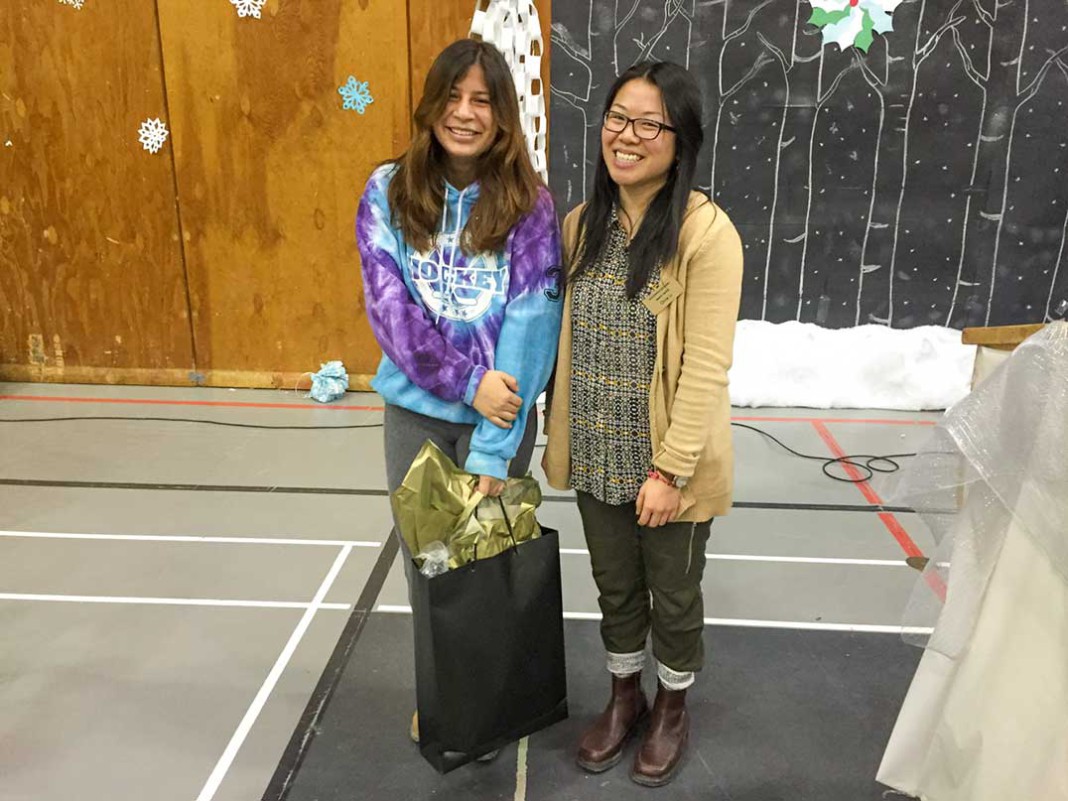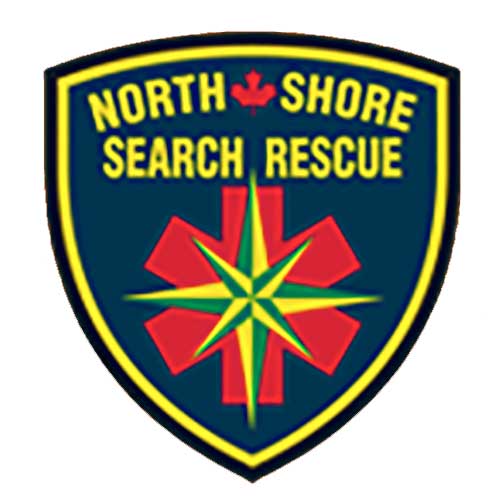WIKWEMIKONG—Last month, the students of Wikwemikong High School gathered in the school’s gymnasium to hear guest speakers share their stories of life with hepatitis C and HIV—a story that is becoming all too familiar to some segments of the First Nations population.
Dawn Cameron grew up on the M’Chigeeng First Nation in what she described as a “dysfunctional home” where she witnessed much violence and substance abuse.
“As a teen, I turned to booze, pills, then needles,” she told the students. “Back in the day, they didn’t have people handing out condoms or clean needles.”
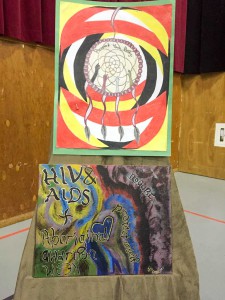
Ms. Cameron is also a victim of sexual abuse, which happened when she was just 13. She spoke of a life filled with anger—a problem for which she eventually sought help that, in turn, led her to treatment. It was at the treatment centre where she met her partner and, after discussions about their past lives, the pair decided to get tested for HIV and hepatitis C. His test showed him as hepatitis C positive, hers showed that she was clean.
After the birth of their first child, Ms. Cameron began showing signs of sickness. The young woman exhibited respiratory problems, blue lips and nails and eventually ended up in the intensive care unit in Sudbury hospital.
“They couldn’t find out what was wrong,” she said. She was asked questions about her past, and to each question she responded with an answer of ‘yes.’ Ms. Cameron was diagnosed with pneumocystis pneumonia—an infection that often affects those living with HIV or AIDS.
“There are 2,000 T cells in a normal person—I only had 16,” Ms. Cameron shared. “I was on death’s door.”
Ms. Cameron received the diagnosis—she was HIV positive, and has been living with the disease for the past 17 years.
“I have been on a healing journey ever since,” she said. “I have been living with it for 17 years thanks to medication and the love and support of my family.”
Her journey has also gifted her with the opportunity to share her story with the youth of her community, Ms. Cameron added, noting that her 18-year-old daughter is healthy and free of the disease, as is her former partner and father of her child.
“If Creator brings us to it, Creator will get us through it and Creator never gives us more than we can handle,” Ms. Cameron reminded the students.
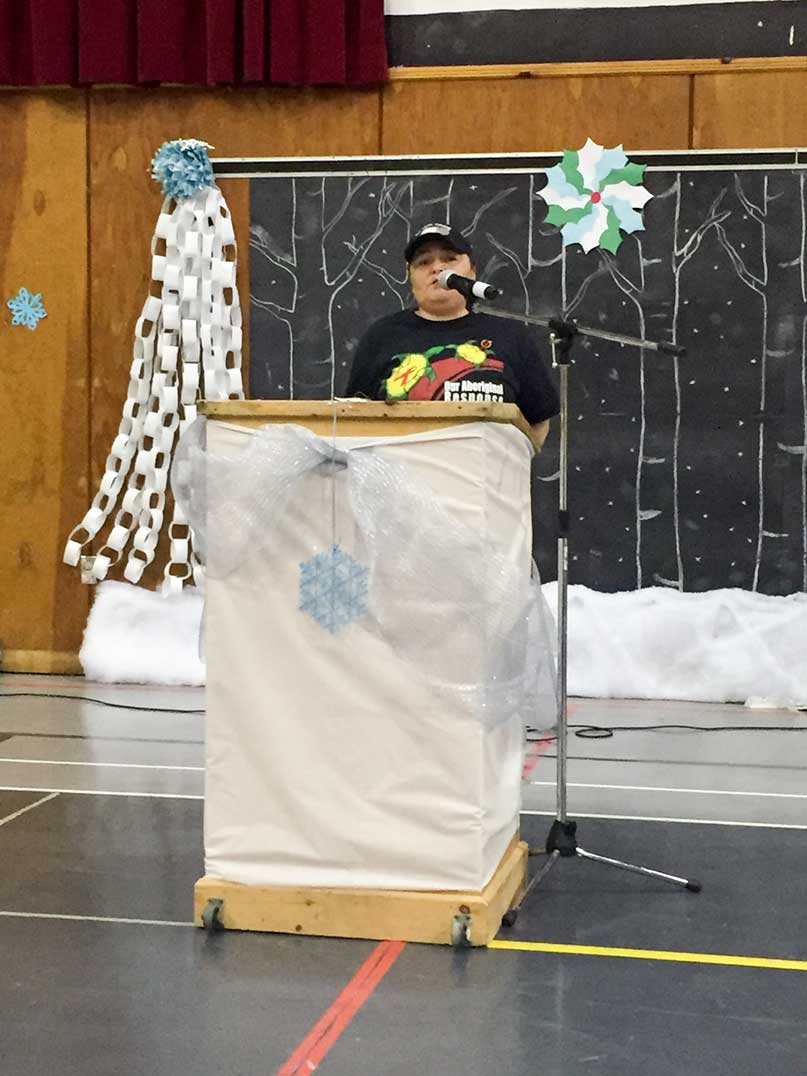
M’Chigeeng has been living with the
disease for 18 years.
Heather Chierici of the Ontario Aboriginal HIV/AIDS Strategy also spoke with the student body about her life with hepatitis C—an often silent disease that goes undetected until it’s too late. She reminded the audience of the importance of protecting oneself when becoming sexually active, or even from such innocuous things as sharing a razor at a friend’s house or getting your ears pierced.
“I have lived with hepatitis C for over 34 years,” she said, noting that thankfully, the virus can be treated. “I don’t know how I got it. Condomless sex as a young woman? Tattoos? Piercings? Sharing tweezers or razors?”
Ms. Chierici told the group that First Nations youth, aged 19 to 29, have the highest rate of contracting HIV. In Sudbury, Ms. Chierici hands out lip balms, crack pipe kits, needles and condoms to those on the street to help lessen the chance of spreading HIV or hepatitis C.
“Hepatitis C attacks your liver,” she explained, adding that the disease is made worse by alcohol or Tylenol. “Over 8,000 people died in Ontario last year from hepatitis C.”
Among the First Nation population, homosexuals have the highest rate of transmission, Ms. Chierici added. “We are 4.4 percent of the Canadian population, but 12 percent of us are testing positive for HIV, and I think this will only get higher.”
The event concluded with student Aurora Ominika-Enosse being acknowledged for her winning condom design, which will lead to 1,000 condoms being printed with the design and distributed to the students of Wikwemikong High School, a presentation by the SAGE Equality Project for sexual orientation inclusiveness as well as an art show which focussed on HIV and hepatitis C awareness.
Linda Kaboni urged the students to come and see her with any questions or concerns they have, reminding them that they are never alone. “Creator gave us our free will: to make good choices or not so good choices,” she said, adding that, “respecting and loving your body is part of the Seven Grandfather Teachings.”
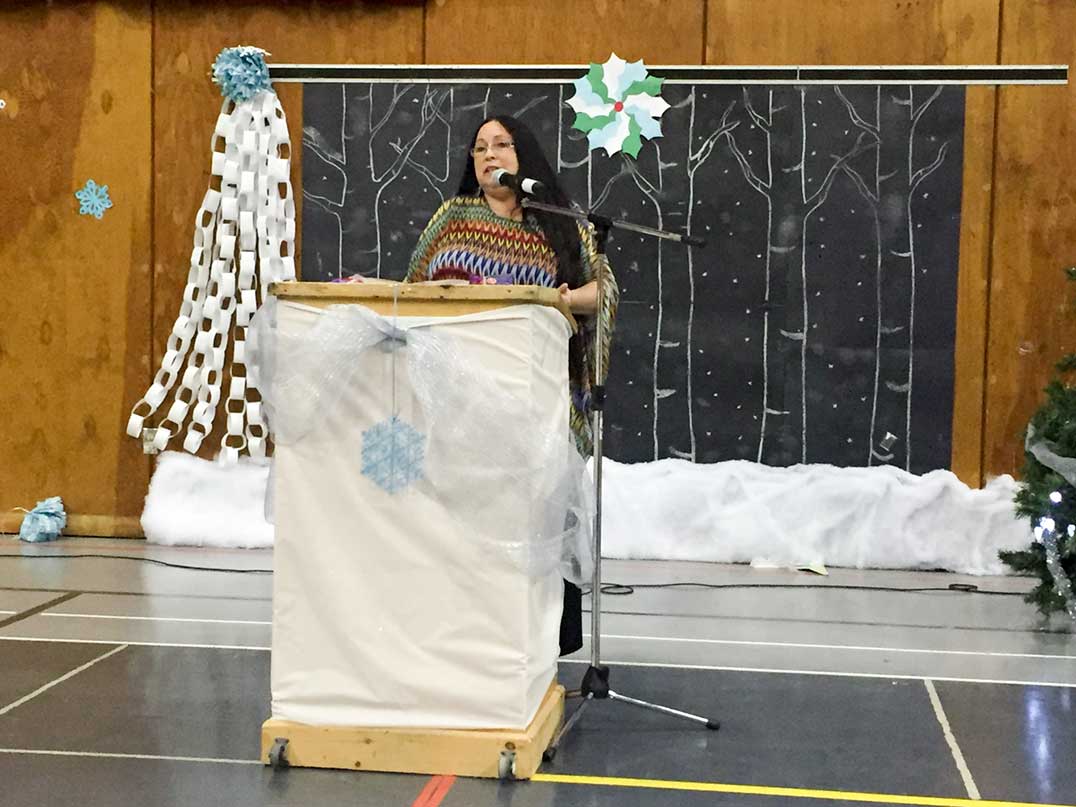
Aboriginal HIV/AIDS Strategy spoke on living with hepatitis C.
She commended the SAGE (Sexual and Gender Expectations) group for standing up and making themselves known to the student body and community—part of the Teachings: courage and bravery.
Chris Pheasant concluded the event, saying: “Don’t be shamed of your sexuality. The Creator made you and you’re special. Don’t put yourself ahead of anyone else.”

